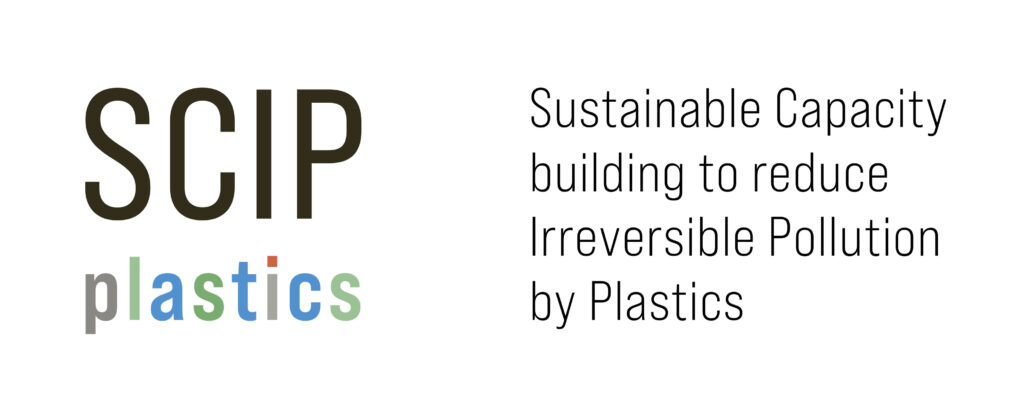Project Leader’s Message
“The synergetic partnership of the industry, science, politics and the community will not only establish a benchmark for formulating sustainable master plan for the solid waste management sector of Khulna city but also will alleviate the ever increasing plastic and marine plastic pollution with prospective policy implementations”
 At first, being the Project Leader of SCIP Plastics, on behalf of Bauhaus-Universität Weimar (Department of Civil Engineering/ Bauhaus –Institute for Infrastructure Solution (b.is)), I convey my utmost gratitude to the German Federal Ministry for the Environment, Nature Conservation, Nuclear Safety and Consumer Protection for being the principle funder of this sustainable capacity building project on irreversible plastic pollution (SCIP Plastics Project). I also welcome and urge our project implementation partners from Institute for Social-Ecological Research (ISOE), Khulna University of Engineering & Technology (KUET), Chittagong University of Engineering & Technology (CUET) and Khulna City Corporation (KCC) to work as a synergetic organization for successful implementation of the project. The basic aim of this collaborative project is to establish a knowledge transfer hub at KUET which will support the development of a sustainable waste management system for Khulna city to reduce plastic pollution and to protect marine ecosystems. In the process, evaluation and integration of the existing informal chain of recycling sector, contemporary strategies towards low emission landfill disposal, the establishment of awareness center at KCC, a case study on marine plastic stream flow of Mongla port and plastic substitution with locally produced jute are considered to be the main outputs. Moreover, the development of national waste management policy through this project will contribute significantly to ensure sustainable environmental development for Bangladesh following the vision 2041 and BDP 2100. In conclusion, I must add that, being a developing riverine delta land, Bangladesh has been facing the rise in irreversible marine plastic pollution which can be mitigated through national scale implementation of projects with identical attributes.
At first, being the Project Leader of SCIP Plastics, on behalf of Bauhaus-Universität Weimar (Department of Civil Engineering/ Bauhaus –Institute for Infrastructure Solution (b.is)), I convey my utmost gratitude to the German Federal Ministry for the Environment, Nature Conservation, Nuclear Safety and Consumer Protection for being the principle funder of this sustainable capacity building project on irreversible plastic pollution (SCIP Plastics Project). I also welcome and urge our project implementation partners from Institute for Social-Ecological Research (ISOE), Khulna University of Engineering & Technology (KUET), Chittagong University of Engineering & Technology (CUET) and Khulna City Corporation (KCC) to work as a synergetic organization for successful implementation of the project. The basic aim of this collaborative project is to establish a knowledge transfer hub at KUET which will support the development of a sustainable waste management system for Khulna city to reduce plastic pollution and to protect marine ecosystems. In the process, evaluation and integration of the existing informal chain of recycling sector, contemporary strategies towards low emission landfill disposal, the establishment of awareness center at KCC, a case study on marine plastic stream flow of Mongla port and plastic substitution with locally produced jute are considered to be the main outputs. Moreover, the development of national waste management policy through this project will contribute significantly to ensure sustainable environmental development for Bangladesh following the vision 2041 and BDP 2100. In conclusion, I must add that, being a developing riverine delta land, Bangladesh has been facing the rise in irreversible marine plastic pollution which can be mitigated through national scale implementation of projects with identical attributes.

